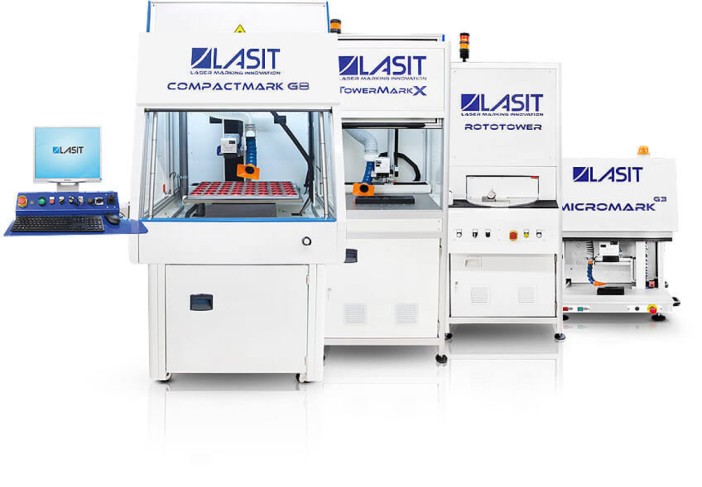As the realms of digital reality continue to expand, so does the rapid progression of hardware technology. This steady surge propels countless innovations, transforming the tech landscape and influencing various industries globally. In this article, we take a journey through the most impactful trends in today’s hardware technology landscape.
1. Artificial Intelligence (AI) Hardware
Artificial Intelligence (AI) has transitioned from a sci-fi concept to a tangible reality, dramatically altering several sectors. The growth of AI is driving the development of specialized hardware capable of supporting its complex requirements. AI-optimized chips, for instance, are designed to process AI tasks more efficiently than standard processors, heralding a new age of machine learning and deep learning applications.
2. Edge Computing
With the expansion of Internet of Things (IoT) devices, computing power is moving closer to the edge of the network – where data is generated. Edge computing helps to reduce latency, increase speed, and maintain data privacy, thereby ensuring real-time processing and decision making. This trend plays a crucial role in industries like manufacturing, where immediate data analysis can lead to improved efficiency and safety.
3. Quantum Computing
Still in its nascent stages, quantum computing is set to revolutionize the future of hardware technology. By utilizing quantum bits (qubits), quantum computers can perform complex calculations at exponentially higher speeds than conventional computers. This extraordinary computational power could bring breakthroughs in fields such as cryptography, material science, and drug discovery.
4. 5G Technology
5G is transforming the hardware sector by offering higher speeds, lower latency, and the ability to connect a massive number of devices simultaneously. This fifth-generation technology creates new possibilities for IoT, autonomous vehicles, and smart cities, pushing manufacturers to produce hardware capable of supporting 5G’s immense potential.
5. Laser Marking Technology
In an era of digital transformation, the demand for traceability and identification in manufacturing processes has grown significantly. Laser marking technology, as provided by Lasit, plays a pivotal role in this trend. This method allows for precise, permanent, and non-contact marking on various materials, enhancing traceability, quality control, and product aesthetics.
With the rapid growth of these trends, the landscape of hardware technology is undergoing profound transformations. As we gear up to embrace these changes, the possibilities seem endless, and the future, exciting. No matter the industry, adapting to these emerging trends will be pivotal to staying ahead in the tech-savvy world of tomorrow.


